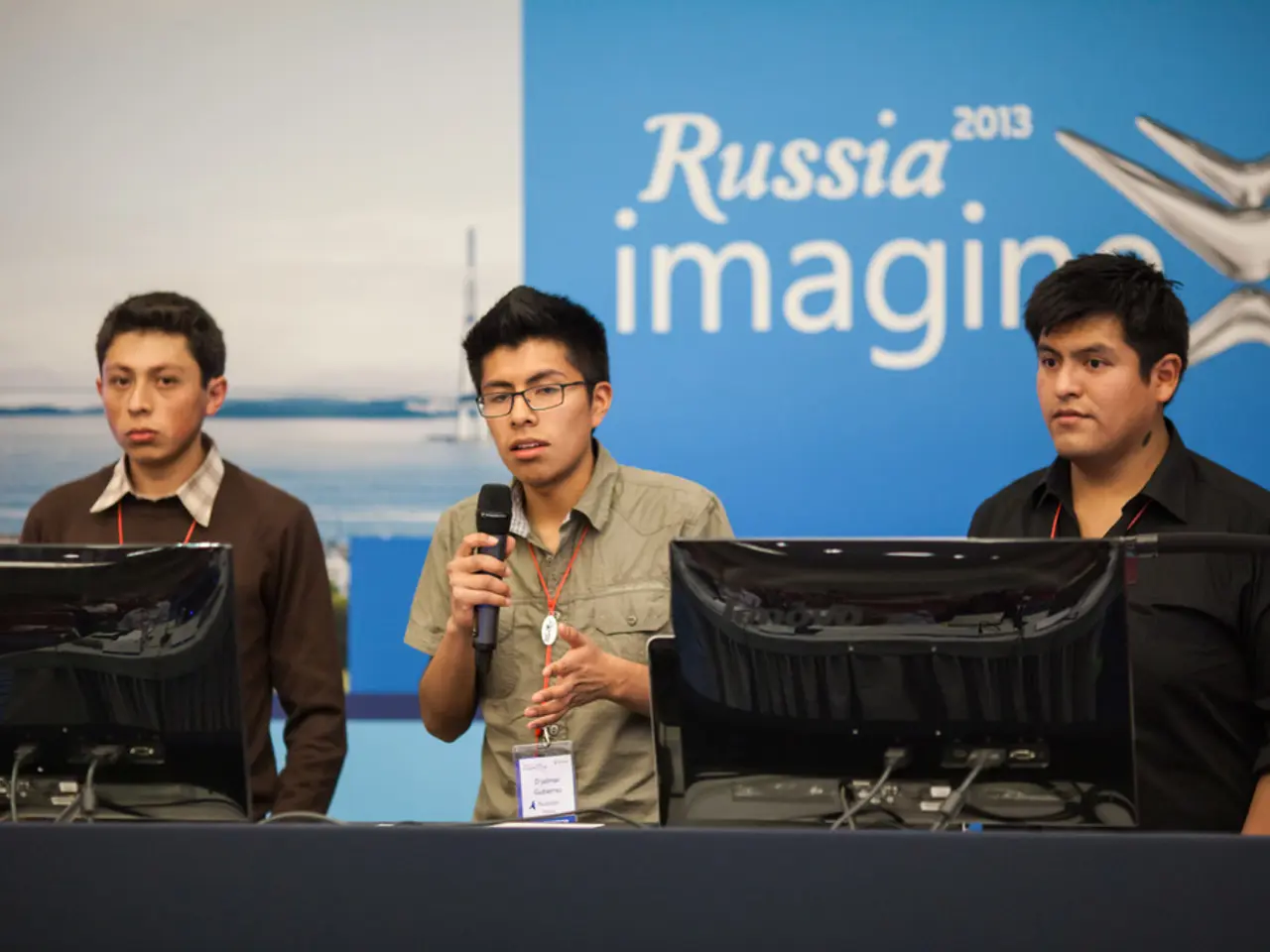U.S. Administration Faces Challenges: China and Russia Pursuing an Alternative Global System
In a world marked by geopolitical shifts and economic upheaval, the relationship between Russia and China continues to evolve, with both nations deepening their economic ties in the face of mounting international pressure.
According to recent data, trade between Russia and China reached an impressive $244.8 billion in 2024, a figure driven by Western sanctions and the demands of war. Notably, China has become Russia's biggest oil customer, purchasing almost half of its exports.
This energy trade is a significant factor in the creation of Cold War-style trade blocs. Russia is strengthening its energy links with China through the Power of Siberia pipelines, a move that reflects the destruction of Nordstream pipelines and Europe's shift towards new suppliers.
In an effort to protect themselves from Western financial pressure and build alternative financial systems, Russia and China are settling more trade in rubles and yuan. This de-dollarization trend, if successful, could potentially expand Russia and China's influence in the Global South by promoting non-dollar trade, particularly for energy and advanced goods. If this strategy proves effective, it could weaken the dollar's dominance and move the world closer to a multipolar financial system.
China now buys the largest share of Russian energy, a shift that was evident at China's September 3rd military parade, where Russian President Vladimir Putin and Chinese President Xi Jinping stood together, sending a strong message to then-US President Trump.
However, disagreements remain over security issues and trade sanctions. Over the last year, the US Treasury's Office of Foreign Assets Control (OFAC) has imposed sanctions on over 400 individuals and entities across 17 countries, including Russia.
Peace talks between Russia, Ukraine, the US, and Europe have stalled or deadlocked, with Russia's recent meetings with the US and Ukraine failing to make progress in the four-year-long war in Ukraine.
Meanwhile, Europe is growing its renewable energy and nuclear power, further shrinking Russia's role in the energy market. Europe has reduced its reliance on Russian energy and is unlikely to regain its old dominance due to its new energy setup.
Energy pipelines and LNG terminals are becoming strategic tools in this complex geopolitical landscape. As the world watches these developments unfold, it's clear that the relationship between Russia and China will continue to shape global economic and political dynamics in the years to come.
Read also:
- Understanding Hemorrhagic Gastroenteritis: Key Facts
- Trump's Policies: Tariffs, AI, Surveillance, and Possible Martial Law
- Expanded Community Health Involvement by CK Birla Hospitals, Jaipur, Maintained Through Consistent Outreach Programs Across Rajasthan
- Abdominal Fat Accumulation: Causes and Strategies for Reduction








